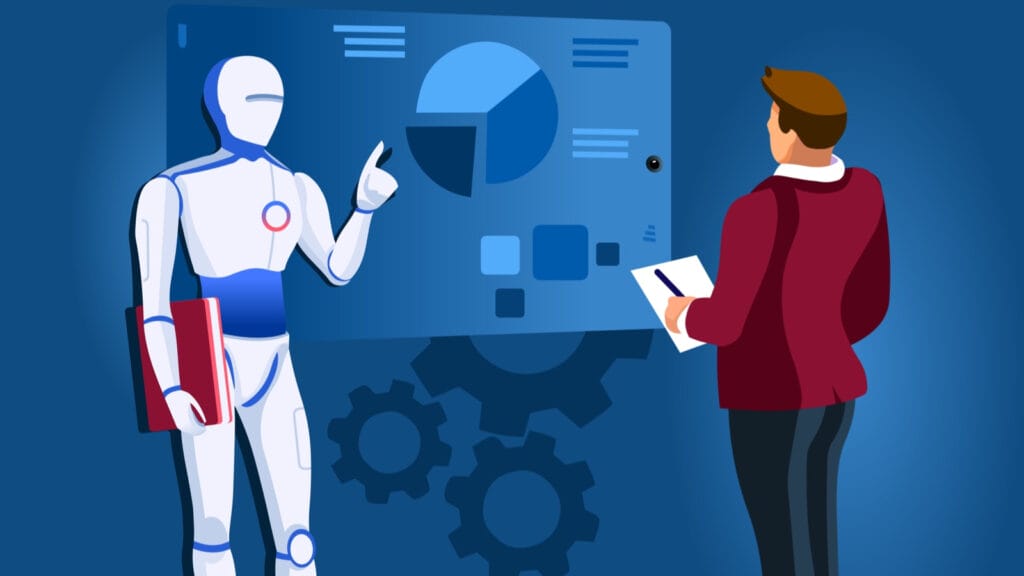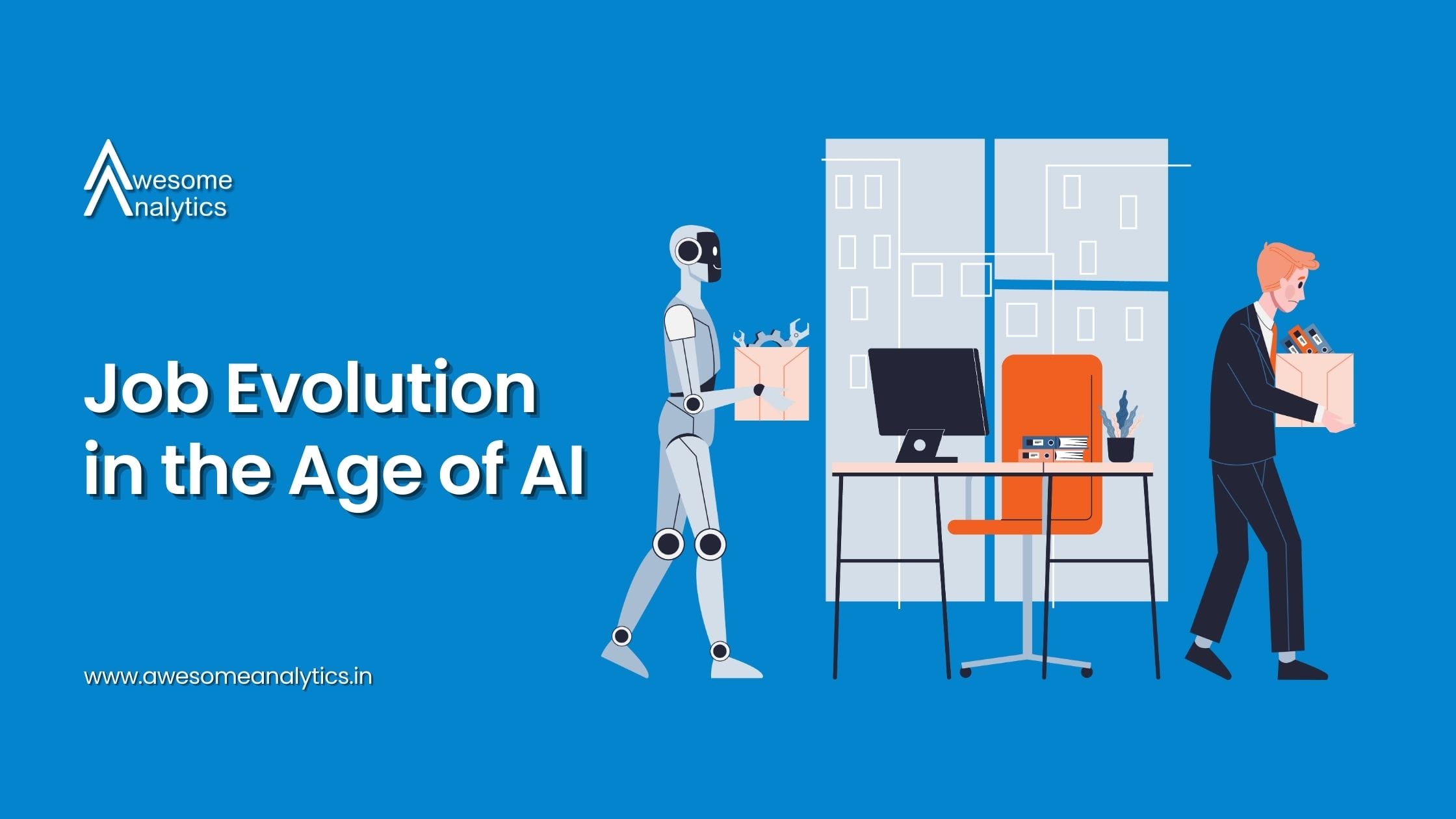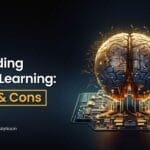AI in the Workplace: Applications and Advantages
AI finds its foothold in optimizing production processes, enhancing productivity, and ensuring the safety and efficiency of workflows. Accenture reports that nearly 73% of global companies prioritize AI to bolster their operational resilience, especially in sectors like finance and customer experience.
Automation in Human Capital Management
Beyond traditional processes, AI is transforming human capital management. From conducting bias-free interviews to analyzing both verbal and non-verbal cues, AI aids in making informed decisions about an employee's future. The connectivity of the environment enables the assessment of job performance, industry wages, costs, and business strategies.

The Impact on Employment: Evolution, Not Elimination
Contrary to the fear of job displacement, AI is not here to eliminate jobs but to reinforce digital skills. Forrester Research predicts that smart machines may replace up to 16% of US jobs in the next decade but also foresees the creation of new roles through increased connectivity.

The Debate on Automation
While debates rage on about the influx of automation, Gartner highlights that 45% of companies integrating smart machines have experienced significant growth since 2018. This suggests a dual narrative where some job processes may disappear, yet new opportunities in technology-related roles will emerge.
Identifying Jobs at Risk
Certain jobs face higher susceptibility to automation. According to the World Economic Forum, by 2022, 75 million workers engaged in repetitive and routine tasks could lose their jobs. OpenAI's study identifies mathematicians, financial advisors, writers, and computer scientists as occupations most likely to be affected.

Embracing the Change: New Jobs on the Horizon
The World Economic Forum projects the creation of 58 million new jobs in the coming years. To be relevant in this evolving job market, workers must acquire digital skills. Some promising profiles include:
1. Data Analyst: Crucial for establishing business strategies through data interpretation.
2. Blockchain Specialist: Manages risk in the blockchain network, applying cybersecurity to eliminate fraud.
3. Cloud Engineer: Responsible for creating, maintaining, and troubleshooting cloud infrastructure.
4. AI Specialist: Equipped with knowledge in data science, machine learning, and deep learning to create applications and tools.
As AI continues to reshape the work landscape, it's not just about job displacement; it's a catalyst for adaptation and evolution. Embracing digital skills and staying agile in this dynamic environment will be the key to not only surviving but thriving in the AI-driven future of work.



